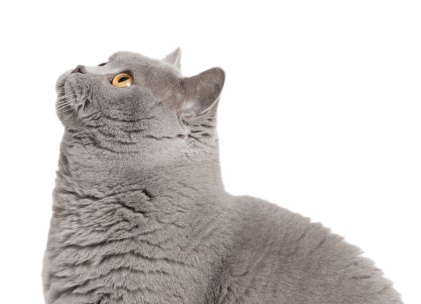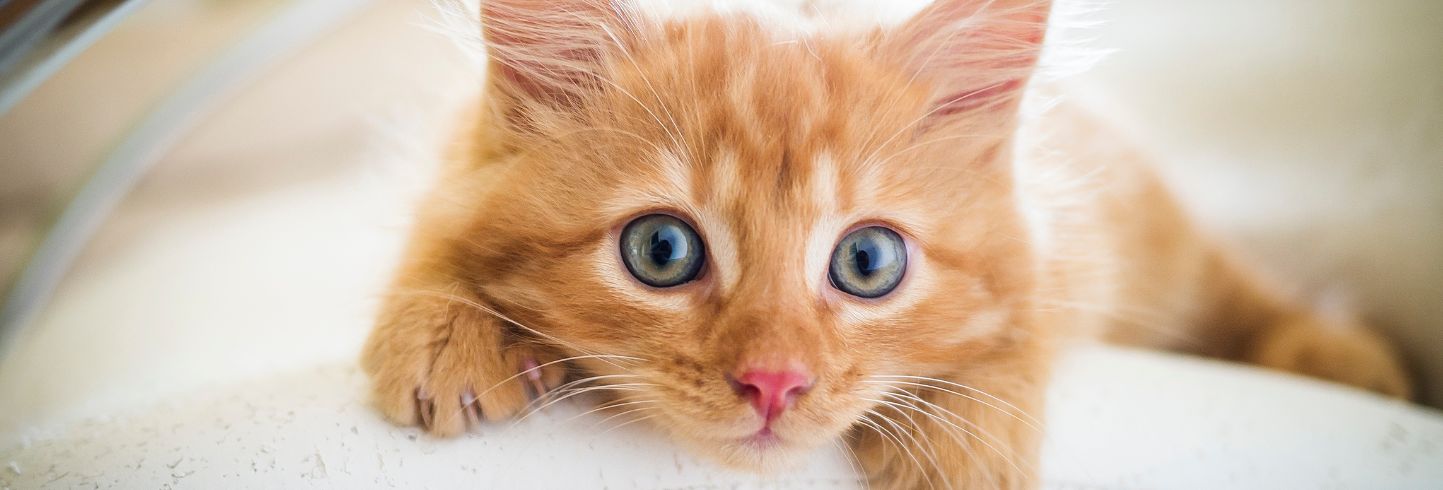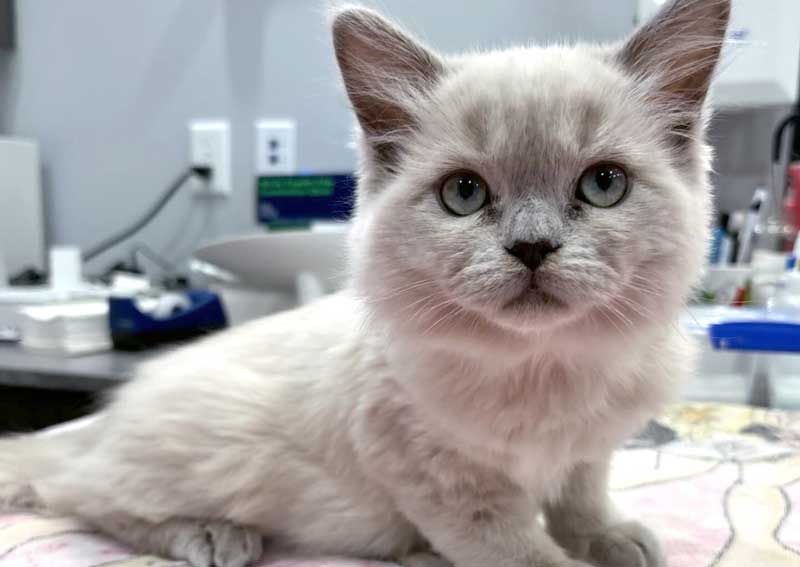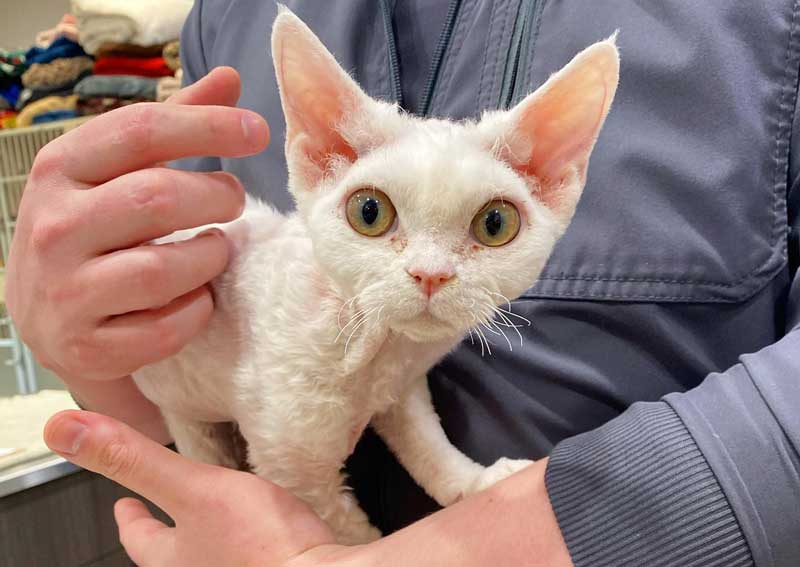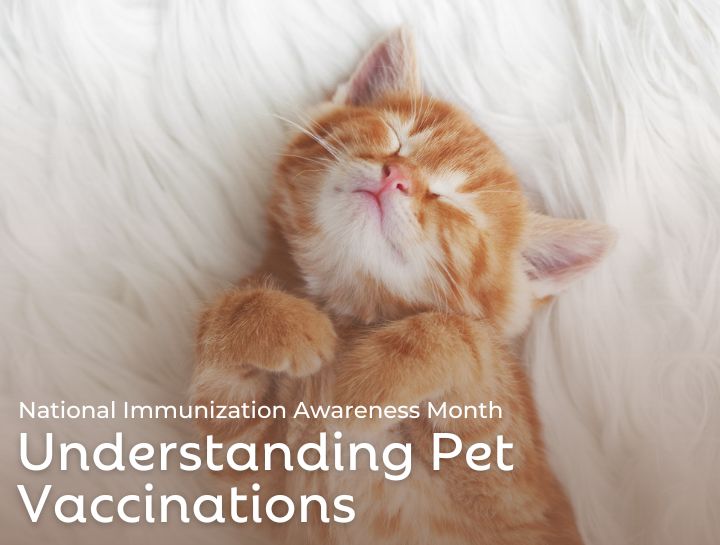Welcome to Meadows Cat Hospital!
Meadows Cat Hospital has served the residents of Issaquah, Sammamish, Bellevue, and Renton for around 60 combined years (including the Cat Clinic of Issaquah). We are the only cat clinic and full-service feline-only veterinary hospital in all of Issaquah!
At Meadows Cat Hospital, you'll find a unique blend of skill, experience, compassion & personalized veterinary care, and modern technology serving our only patients -- cats! Our focus on feline health and wellness gives us unique veterinary insight into how we can enhance your cats' quality of life and longevity. Our mission is to provide comprehensive and modern veterinary care and recommendations tailored to each cat's different needs and at competitive prices.
Call us at (425) 392-8770, or book your cat's next appointment online!
Featured Services
Understanding Pet Vaccinations: National Immunization Awareness Month
Discover why pet vaccinations are crucial for safeguarding their health. Learn about vaccine benefits, safety, and the importance of following a tailored vaccination schedule. Schedule your pet's vaccination appointment with us today!
Learn More »Our Clients Love Us

What I love about this place is the over focus on well being of the animals. Sometimes you deal with a business and you really prefer not to be bothered. When it comes to your animals, th...
Margarita Madison

Some of the kindest people work here, they all clearly love cats (as you would hope) and are kind and compassionate.
Megan Otto Schwarz

4.8
Rating on
Google Reviews!
